-
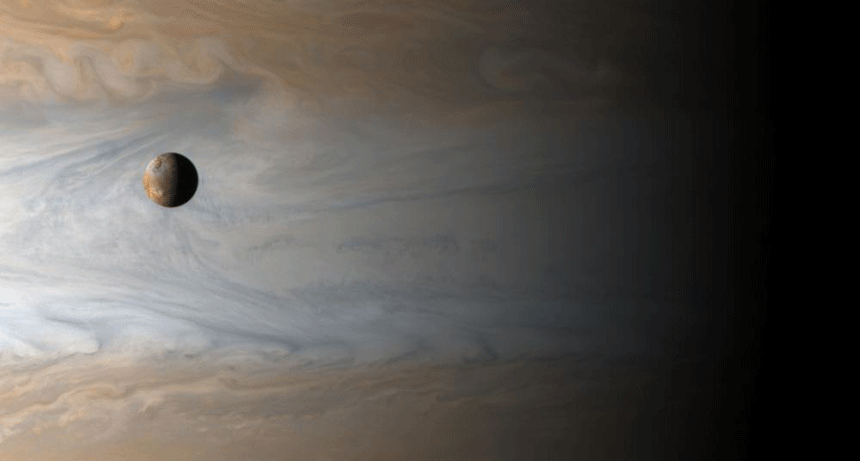 Space
SpaceScientists Say: Transit
When an object in space passes in front of a star and looks big enough to block out all the light, it’s an eclipse. When it’s smaller, it’s called a transit.
-
 Science & Society
Science & SocietyScientists Say: Forensics
When there’s blood, bones and fingerprints on a crime scene, it’s time to bring in the scientists. Their research is called forensics.
-
 Computing
ComputingScientists Say: Ampere
An ampere is a unit of electric current. It’s a base unit, meaning it’s one on which all electrical calculations are based.
-
 Genetics
GeneticsScientists Say: Genealogy
This is the study of someone’s ancestry. It could mean finding out about someone’s family tree or the history of evolution from one species to another.
-
 Math
MathScientists Say: Quartile
A quartile might sound like a fourth. But that’s not quite what it is.
-
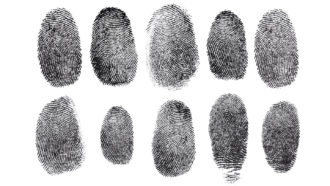 Genetics
GeneticsExperiment: Are fingerprint patterns inherited?
Let’s investigate whether fingerprint patterns are created randomly or whether they are influenced by genetics.
-
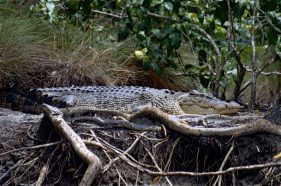 Animals
AnimalsWatch out for tree-climbing crocs
What’s that up in the tree? If you live in the right part of the world, it could be a hungry croc.
-
 Physics
PhysicsScientists Say: Quark
These subatomic particles are the building blocks of bigger particles, including the protons and neutrons found in an atom’s nucleus.
-
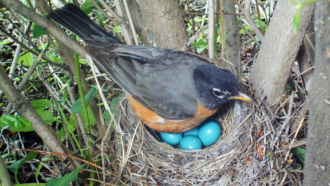 Animals
AnimalsScientists Say: Medullary bone
Medullary bone is a layer that forms inside bird and dinosaur bones. It’s a source of the calcium in eggshells.
-
 Physics
PhysicsExplainer: Locating a gun with sound waves
Recording the sound of a gun from three microphones can help scientists pinpoint the weapon’s location.
By Ron Cowen -
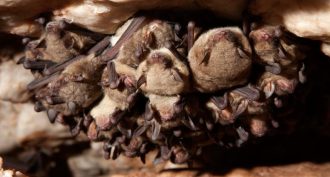 Animals
AnimalsScientists say: Hibernaculum
This week’s word is hibernaculum, the word scientists use to describe the place where an animal goes to hibernate.
-
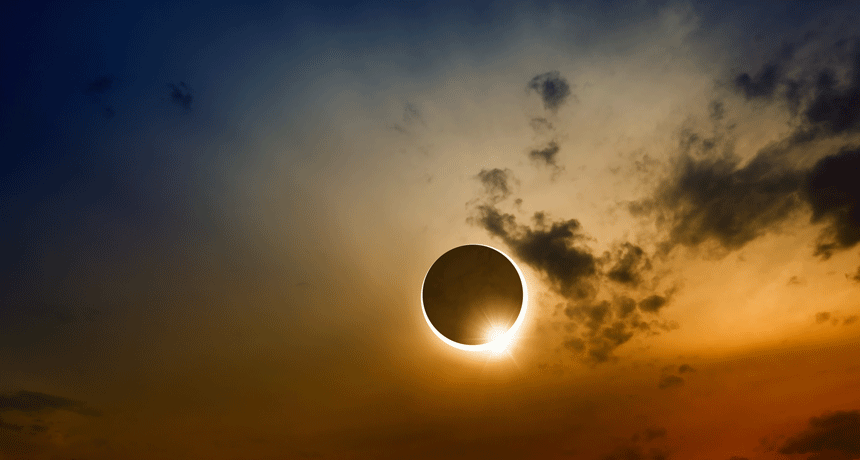 Planets
PlanetsScientists Say: Eclipse
How the sun, moon and Earth line up determines whether there’s a solar or lunar eclipse.